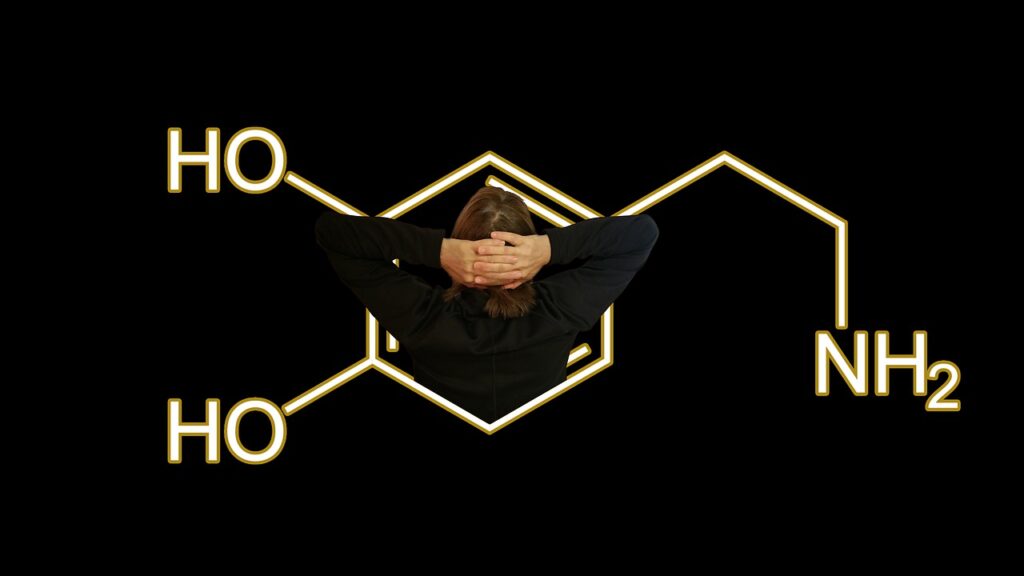Sexual activity, including intercourse, can lead to changes in the brain and the formation of new neural connections, also known as synaptic pathways. These changes can be seen in areas of the brain associated with pleasure, reward, and memory.
Research has shown that sexual activity can lead to the release of chemicals in the brain such as dopamine and oxytocin, which are associated with pleasure and the feeling of reward. These chemicals can help to form new neural connections and pathways in the brain, contributing to the formation of memories associated with the sexual experience.
Additionally, sexual activity, specifically sexual experience, has been found to increase the number of dendritic spines in the hippocampus, a region of the brain associated with learning and memory. This suggests that sexual experience may lead to structural changes in the brain that contribute to the formation of new synaptic pathways.

